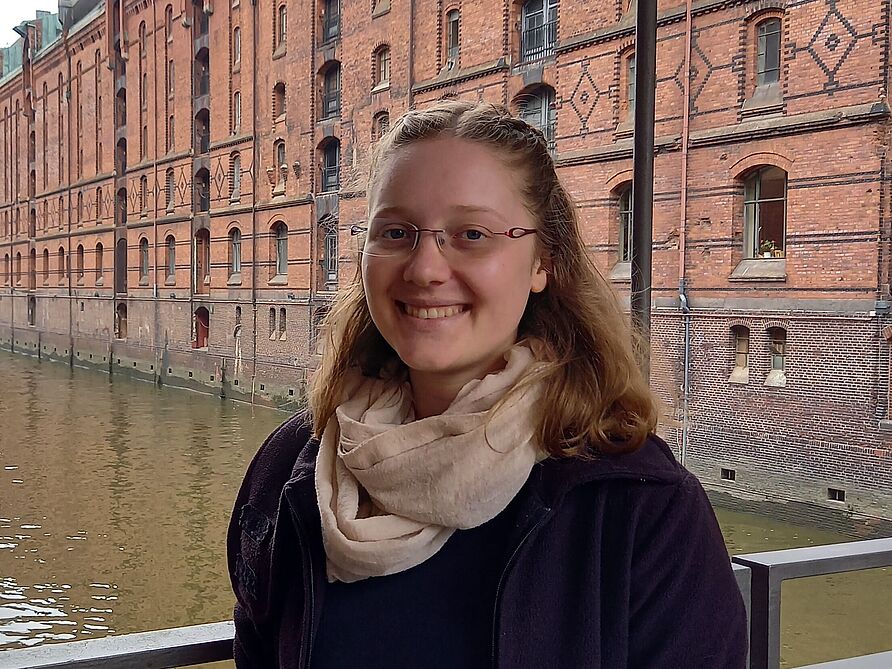The fight against multi-resistant strains of bacteria is an issue of global importance. The development of alternative classes of compounds found organometallic complexes with N-heterocyclic carbene ligands as promising novel compound. Accurate prediction of the solubility and other molecular properties is crucial for rational drug development.
To predict these molecular properties, reliable molecular models and effective simulation algorithms are needed. The molecular modelling of organometallic compounds is certainly particularly challenging due to their intrinsic properties. Hence, the parametrization of force field models of these compounds is being optimized. The parametrization is based on ab initio simulations, which yields additional information, such as bonding geometries or charge distribution. Additionally, molecular dynamic simulations are performed to analyse the solvation structure. The solubility is predicted as octanol-water partition coefficient based on the solvation free energy in the water-rich and the octanol-rich phase. The information are related to the biological activity, so computer-aided drug design is enhanced.
The fight against multi-resistant strains of bacteria is an issue of global importance. The development of alternative classes of compounds found organometallic complexes with N-heterocyclic carbene ligands as promising novel compound. Accurate prediction of the solubility and other molecular properties is crucial for rational drug development.
To predict these molecular properties, reliable molecular models and effective simulation algorithms are needed. The molecular modelling of organometallic compounds is certainly particularly challenging due to their intrinsic properties. Hence, the parametrization of force field models of these compounds is being optimized. The parametrization is based on ab initio simulations, which yields additional information, such as bonding geometries or charge distribution. Additionally, molecular dynamic simulations are performed to analyse the solvation structure. The solubility is predicted as octanol-water partition coefficient based on the solvation free energy in the water-rich and the octanol-rich phase. The information are related to the biological activity, so computer-aided drug design is enhanced.
Name of Doctoral Researcher
Miriam Sprick
Name of Supervisor
Gabriele Raabe
Institute / Department
Institute for Thermodynamics, TU Braunschweig
Contact details
m.sprick@tu-braunschweig.de

